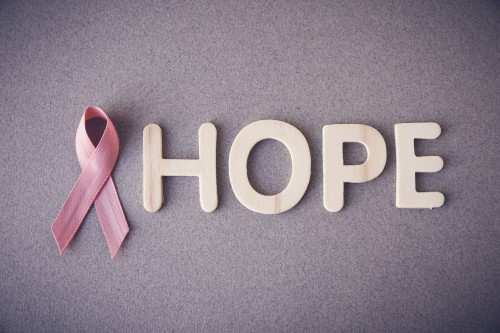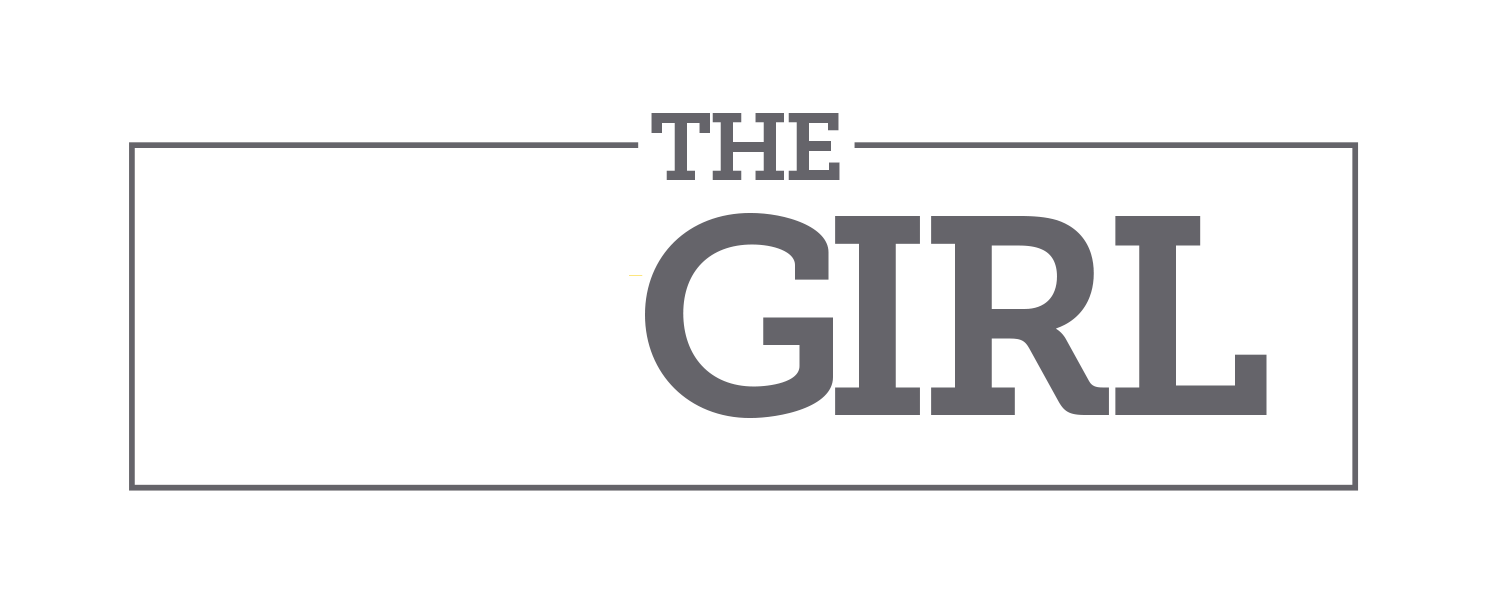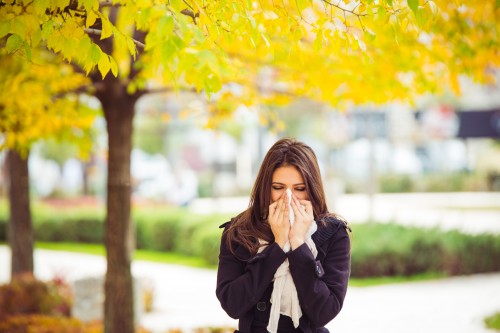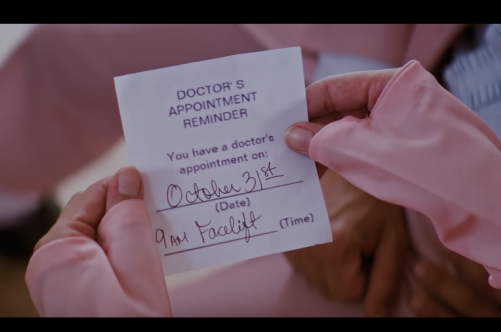Check Your Breasts! How to do a Self Examination at Home
 Breast cancer grips too many women and often it is diagnosed very late. This is why regular self-examinations are highly important. Of course everyone should get an official checkup and mammogram once they reach 40. But because some people can get it at an earlier age, it is important to check yourself.
Breast cancer grips too many women and often it is diagnosed very late. This is why regular self-examinations are highly important. Of course everyone should get an official checkup and mammogram once they reach 40. But because some people can get it at an earlier age, it is important to check yourself.
How to Check Your Breasts:
- Try to get in the habit of doing a breast self-examination once a month to familiarize yourself with how your breasts normally look and feel. Examine yourself several days after your period ends, when your breasts are least likely to be swollen and tender. If you are no longer having periods, choose a day that’s easy to remember, such as the first or last day of the month.
- Don’t panic if you think you feel a lump. Most women have some lumps or lumpy areas in their breasts all the time. In the United States, only 20% of women who have a suspicious lump biopsied turn out to have breast cancer.
- Breasts tend to have different “neighborhoods.” The upper, outer area — near your armpit — tends to have the most prominent lumps and bumps. The lower half of your breast can feel like a sandy or pebbly beach. The area under the nipple can feel like a collection of large grains. Another part might feel like a lumpy bowl of oatmeal.What’s important is that you get to know the look and feel of YOUR breasts’ various neighborhoods. Does something stand out as different from the rest (like a rock on a sandy beach)? Has anything changed? Bring to the attention of your doctor any changes in your breasts that last over a full month’s cycle OR seem to get worse or more obvious over time.
- You may want to start a journal where you record the findings of your breast self-exams. This can be like a small map of your breasts, with notes about where you feel lumps or irregularities. Especially in the beginning, this may help you remember, from month to month, what is “normal” for your breasts. It is not unusual for lumps to appear at certain times of the month, but then disappear, as your body changes with the menstrual cycle (if you are still menstruating). Only changes that last beyond one full cycle, or seem to get bigger or more prominent in some way, need your doctor’s attention.
These tips are taken from breastcancer.org where you can get a lot of useful information as well as find ways to become involved.








